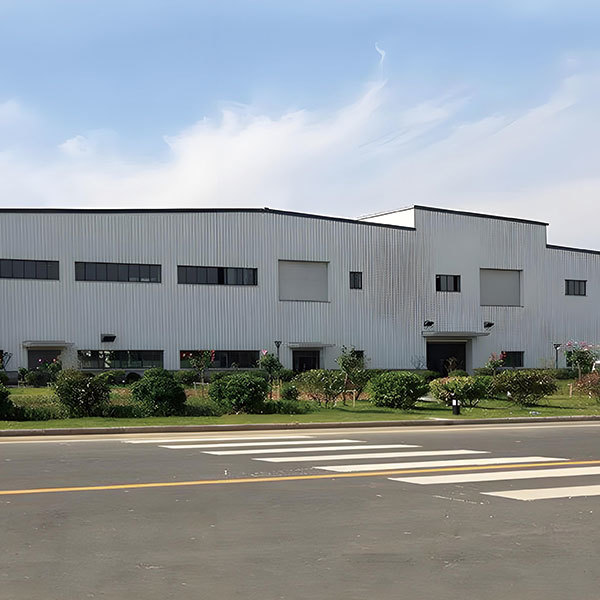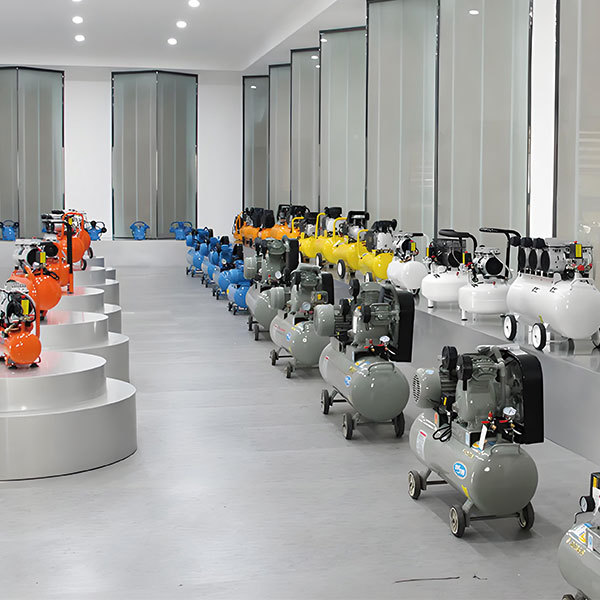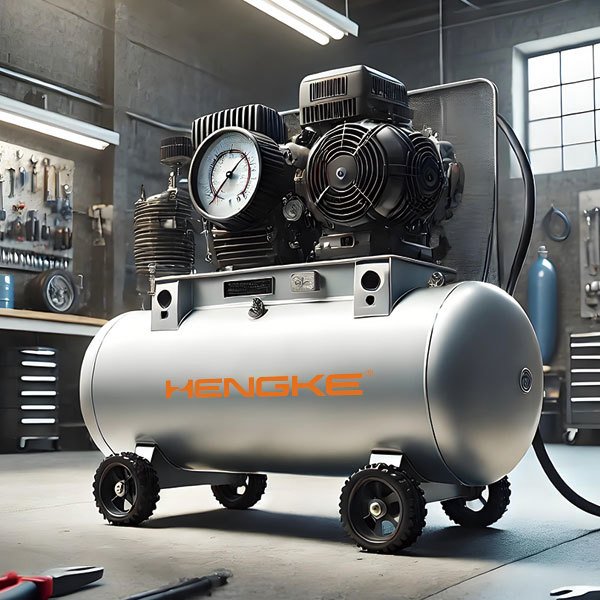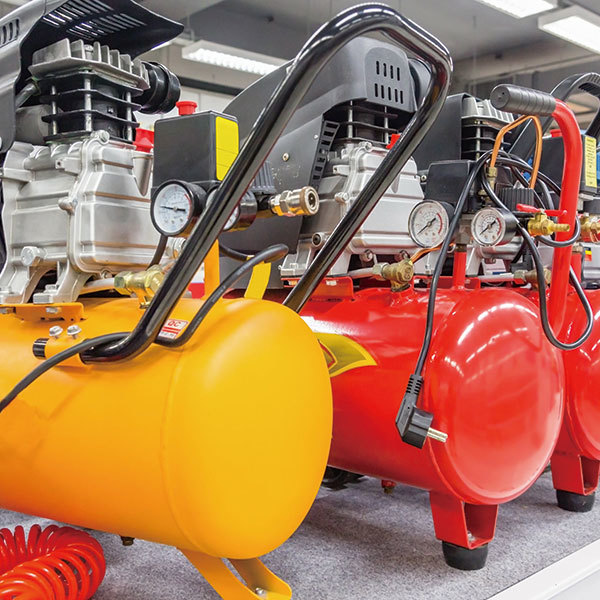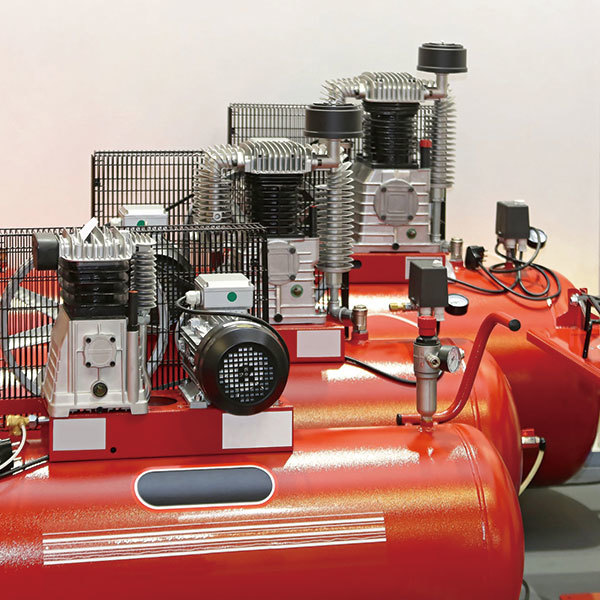Blog
Why Piston Quality Matters in Engine Longevity: Understanding the Impact on Performance and Durability
2025-02-18
Why Piston Quality Matters in Engine Longevity
In the intricate world of automotive engineering, **pistons** play a pivotal role in the functionality of an engine. As components that convert fuel energy into mechanical energy, their quality significantly impacts engine performance and longevity. This article delves into the significance of **piston quality**, examining the materials, designs, and manufacturing processes that contribute to a piston’s effectiveness and durability.
Understanding the Function of Pistons
Pistons are cylindrical components that move up and down within the engine's cylinders. They are integral to the **internal combustion process**, helping to create the necessary pressure that drives the engine. The basic functions of pistons include:
1. Compression of Air-Fuel Mixture
Pistons compress the air-fuel mixture in the combustion chamber, facilitating efficient ignition and combustion. High-quality pistons ensure that this process occurs optimally, contributing to better fuel efficiency and power output.
2. Transfer of Force
As the combustion process occurs, pistons transfer the force generated by the expanding gases to the crankshaft. This conversion is essential for generating the power that propels the vehicle. Quality pistons ensure that this transfer is smooth and effective, minimizing energy loss.
3. Heat Dissipation
During operation, pistons endure extreme temperatures. Quality pistons effectively dissipate heat, preventing overheating and potential engine failure.
The Importance of Piston Material and Design
The choice of materials and design intricacies contribute significantly to piston quality. Each factor influences durability, performance, and operational efficiency.
1. Common Materials Used in Pistons
Pistons are typically made from aluminum alloys, which provide a good balance of **strength**, **weight**, and **heat resistance**. Other materials include:
- **Cast Iron**: Known for its durability, it is sometimes used in high-performance engines.
- **Steel**: Provides robustness and is often found in heavy-duty applications.
Each material has its advantages and disadvantages, and the right choice depends on the specific engine requirements.
2. Design Features to Consider
Several design elements can enhance piston performance:
- **Piston Shape**: The design should optimize airflow and combustion, impacting engine performance.
- **Skirt Coating**: A well-designed skirt can reduce friction and enhance lubrication.
- **Wall Thickness**: Thinner walls may reduce weight but can compromise strength.
High-quality pistons incorporate advanced design features that contribute to overall efficiency and longevity.
The Impact of Piston Quality on Engine Longevity
Choosing high-quality pistons is crucial for several reasons:
1. Reduced Wear and Tear
High-quality pistons provide better fit and finish, resulting in reduced wear on both the piston and cylinder walls. This reduces the frequency of repairs and extends engine life.
2. Enhanced Fuel Efficiency
Quality pistons allow for optimal combustion conditions, which leads to improved fuel efficiency. This not only saves money at the pump but also minimizes harmful emissions.
3. Improved Performance
Engines with high-quality pistons tend to perform better under stress. They can handle higher RPMs and greater loads, making them ideal for performance vehicles and heavy-use applications.
Common Issues Linked to Poor-Quality Pistons
Using low-quality pistons can lead to various problems that affect engine longevity:
1. Increased Oil Consumption
Poorly designed pistons can lead to excessive oil consumption, as they may not maintain a proper seal. This results in more frequent oil changes and potential engine damage.
2. Engine Knocking
Substandard pistons may not withstand high pressure, leading to engine knocking or detonation. This not only reduces performance but can cause significant internal damage over time.
3. Overheating
Inadequate heat dissipation in low-quality pistons can cause overheating, leading to warped components and eventual engine failure.
Factors Influencing Piston Quality
Several factors contribute to the overall quality of pistons:
1. Manufacturing Processes
The manufacturing process, including forging and machining, significantly impacts piston quality. Pistons produced through advanced techniques tend to have superior structural integrity.
2. Quality Control Measures
Rigorous quality control throughout the manufacturing process ensures that only high-quality pistons reach the market. Companies with strict testing protocols are more likely to produce reliable products.
3. Research and Development
Investments in research and development lead to innovations in piston technology, enhancing performance and longevity. Companies that prioritize R&D are more likely to produce high-quality pistons.
How to Choose Quality Pistons for Your Engine
Choosing the right pistons can be daunting, but several criteria can guide your decision:
1. Brand Reputation
Researching brands known for producing high-quality pistons can save you time and money in the long run. Brands with positive reviews and a history of reliability are typically safer bets.
2. Material Specifications
Look for pistons made from high-grade materials that meet or exceed industry standards. Understanding the implications of different materials can help in making an informed choice.
3. Compatibility with Your Engine
Ensuring that the pistons you choose are compatible with your engine type is crucial. Mismatched components can lead to poor performance and premature failure.
FAQs About Piston Quality and Engine Longevity
1. How does piston quality affect engine performance?
High-quality pistons improve combustion efficiency, reduce friction, and enhance overall engine power output.
2. What are the signs of piston wear?
Signs of piston wear include increased oil consumption, engine knocking, and unusual noises from the engine.
3. Can I replace just the pistons in my engine?
Yes, but it is often recommended to replace related components, such as piston rings, to ensure optimal performance.
4. How often should I consider replacing my pistons?
Piston replacement depends on engine usage and maintenance but should be considered if significant wear is detected.
5. Do all engines use the same type of pistons?
No, pistons vary in design, size, and material based on engine type and specifications.
Conclusion
In conclusion, the significance of **piston quality** cannot be overstated when it comes to enhancing engine longevity and performance. High-quality pistons contribute to better compression, efficient fuel consumption, and reduced wear and tear on engine components. By understanding the materials, design features, and the risks associated with low-quality pistons, consumers and automotive professionals can make informed decisions that will ultimately lead to a more reliable and long-lasting engine. Investing in quality pistons is not merely a choice—it is an essential commitment to the overall health of your vehicle’s engine.

